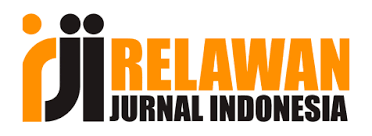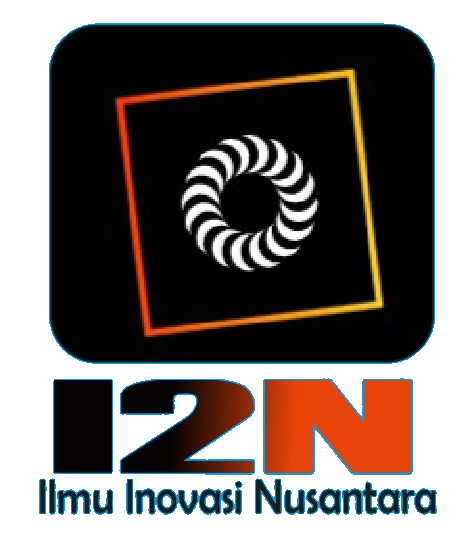Optimizing the Curriculum and Innovating Teaching Models for the Digital Economy Major through Artificial Intelligence
Keywords:
Artificial Intelligence, Digital Economy, Curriculum System Optimization, Teaching Model Innovation, Higher Education ReformAbstract
The rapid development of artificial intelligence (AI) technology has brought new opportunities and challenges to talent cultivation in the digital economy era. At present, the curriculum system of digital economy programs in Chinese universities faces prominent issues such as outdated content, insufficient interdisciplinary integration, and monotonous teaching models, which severely hinder the quality of talent training. Drawing on the theoretical logic of AI-empowered education in digital economy programs, this study explores the specific mechanisms and practical pathways of AI in curriculum system optimization and teaching model innovation. It proposes an AI-based optimization framework for the digital economy curriculum system, featuring a modular interdisciplinary structure, dynamic content updating, and an intelligent teaching evaluation system. Furthermore, the study conducts an in-depth analysis of AI-driven teaching models, including flipped classrooms, blended teaching, and personalized learning path design, with effectiveness evaluations based on practical cases from representative universities at home and abroad. In addition, it systematically examines the challenges related to technology, resources, faculty, and ethics encountered in AI-empowered education, and puts forward corresponding strategic recommendations. The findings of this research hold significant theoretical and practical value for improving the quality of digital economy talent cultivation in China, deepening higher education reform, and promoting the deep integration of AI and education
References
Bogoviz, A. V., Lobova, S. V., Karp, M. V., & others. (2019). Diversification of educational services in the conditions of Industry 4.0 on the basis of AI training. On the Horizon, 27(3–4), 206–212. https://doi.org/10.1108/OTH-07-2019-0025
Braun, V., & Clarke, V. (2021). Thematic analysis: A practical guide. SAGE Publications.
Chu, H.-C., Hwang, G.-H., Tu, Y.-F., & others. (2022). Roles and research trends of artificial intelligence in higher education: A systematic review of the top 50 most-cited articles. Australasian Journal of Educational Technology, 38(3), 22–42. https://doi.org/10.14742/ajet.7680
Cohen, L., Manion, L., & Morrison, K. (2018). Research methods in education (8th ed.). Routledge.
Costan, E., Gonzales, G., Gonzales, R., & others. (2021). Education 4.0 in developing economies: A systematic literature review of implementation barriers and future research agenda. Sustainability, 13(22), 12763. https://doi.org/10.3390/su132212763
Creswell, J. W., & Creswell, J. D. (2018). Research design: Qualitative, quantitative, and mixed methods approaches (5th ed.). SAGE Publications.
Field, A. (2018). Discovering statistics using IBM SPSS statistics (5th ed.). SAGE Publications.
Holmes, W., Bialik, M., & Fadel, C. (2021). Artificial intelligence in education: Promises and implications for teaching and learning. Center for Curriculum Redesign.
Hu, Z., & Ye, X. (2025). Optimizing the Curriculum and Innovating Teaching Models for the Digital Economy Major through Artificial Intelligence. [Unpublished manuscript].
Luckin, R., Holmes, W., Griffiths, M., & Forcier, L. B. (2016). Intelligence unleashed: An argument for AI in education. Pearson Education.
Mihai, L., Mănescu, L. G., Vasilescu, L., & others. (2024). A systematic analysis of new approaches to digital economic education based on the use of AI technologies. Amfiteatru Economic, 26(65), 201–219. https://doi.org/10.24818/EA/2024/65/201
Yang, C. (2024). Exploration and practice of the application of large models in undergraduate course teaching of economics and management: “Introduction to logistics management” as an example. International Journal of Educational Curriculum Management and Research, 5(1), 119–128.*
Zawacki-Richter, O., et al. (2023). AI and higher education: Global perspectives on digital transformation. Springer.
Zawacki-Richter, O., Marín, V. I., Bond, M., & Gouverneur, F. (2019). Systematic review of research on artificial intelligence applications in higher education. International Journal of Educational Technology in Higher Education, 16(39), 1–27. https://doi.org/10.1186/s41239-019-0171-0
Zhou, M. (2022). Integrating AI technologies into higher education: Challenges, opportunities, and strategies. Education and Information Technologies, 27(10), 13501–13520. https://doi.org/10.1007/s10639-022-11032-8.
Zhu, Q., & Zhang, H. (2022). Teaching strategies and psychological effects of entrepreneurship education for college students majoring in social security law based on deep learning and artificial intelligence. Frontiers in Psychology, 13, 779669. https://doi.org/10.3389/fpsyg.2022.779669
Downloads
Published
How to Cite
Issue
Section
License
Copyright (c) 2026 Zhilin Hu, Xuan Ye

This work is licensed under a Creative Commons Attribution-ShareAlike 4.0 International License.














